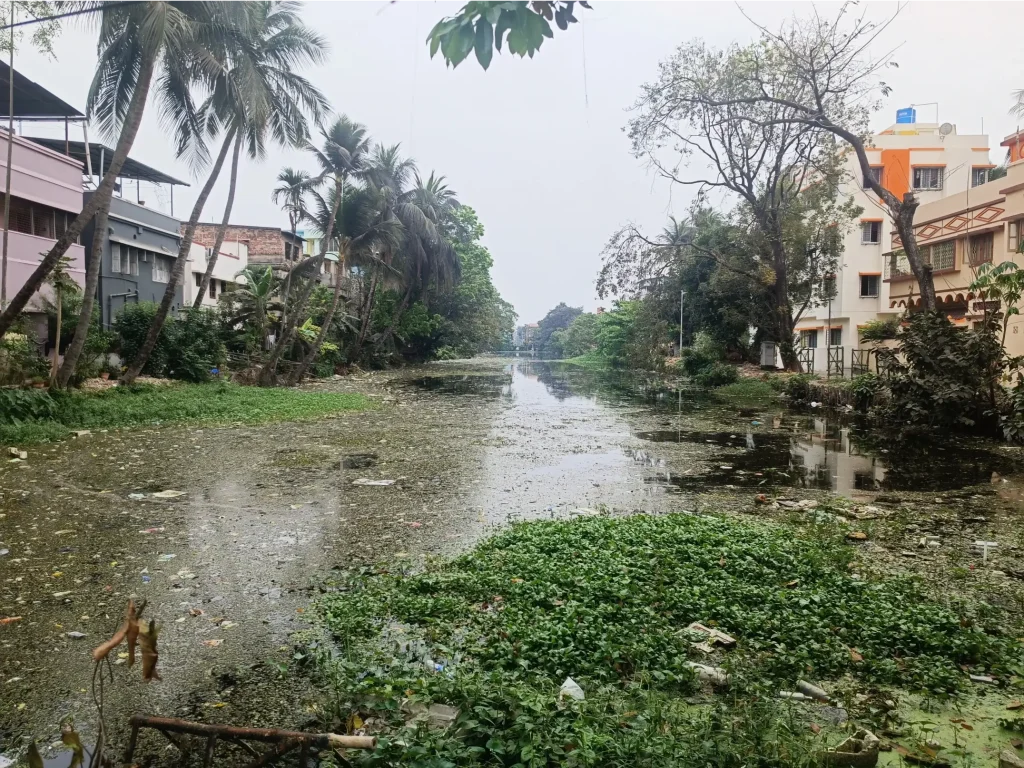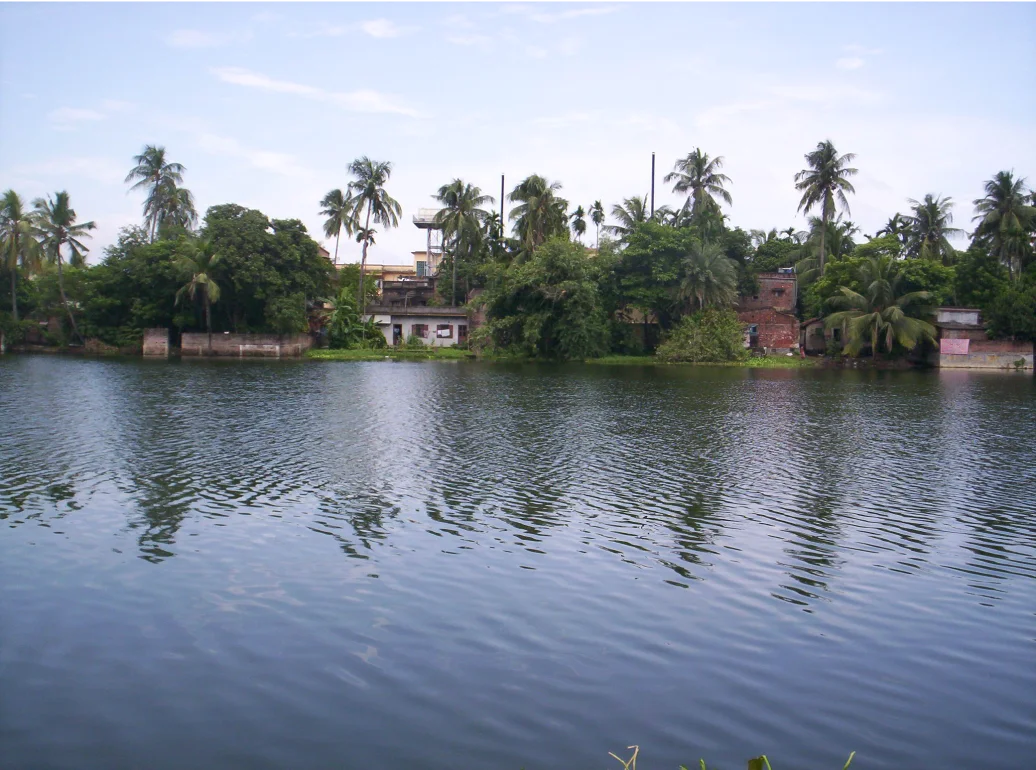The city of Kolkata was built on a marshy delta, and the construction of ponds or pukurs served multiple purposes. Not only have they contributed to building an ecological marker for the city, but they also hold a historic significance to Kolkata. It is for the same reason that a lot of well-known localities in the city are suffixed with pukur such as Monoharpukur, Shyampukur, Bosepukur, Padmapukur, Beniapukur, Thakurpukur, etc. At least 70 streets in Kolkata are named after pukurs.
“At present there are almost 5000 ponds within the boundaries of the Kolkata Municipal Corporation (KMC).”
Initially created for irrigation and drinking water purposes, these ponds have slowly evolved into social gathering spaces that foster social interaction, religious activity, and even recreational uses, serving over 1 millions residents and visitors every day. They are a backdrop for religious ceremonies, idol immersions during festivals like Durga Puja, and boat races. The ponds also attract migratory birds, providing habitats for various species and acting as important ecological hotspots within the urban landscape.
The ponds of Kolkata are diverse in size, ranging from small neighborhood tanks to large lakes. Some of the ponds that continue to thrive go back to a few hundred years, each with its own unique history and significance (often associated with local legends or historical events).
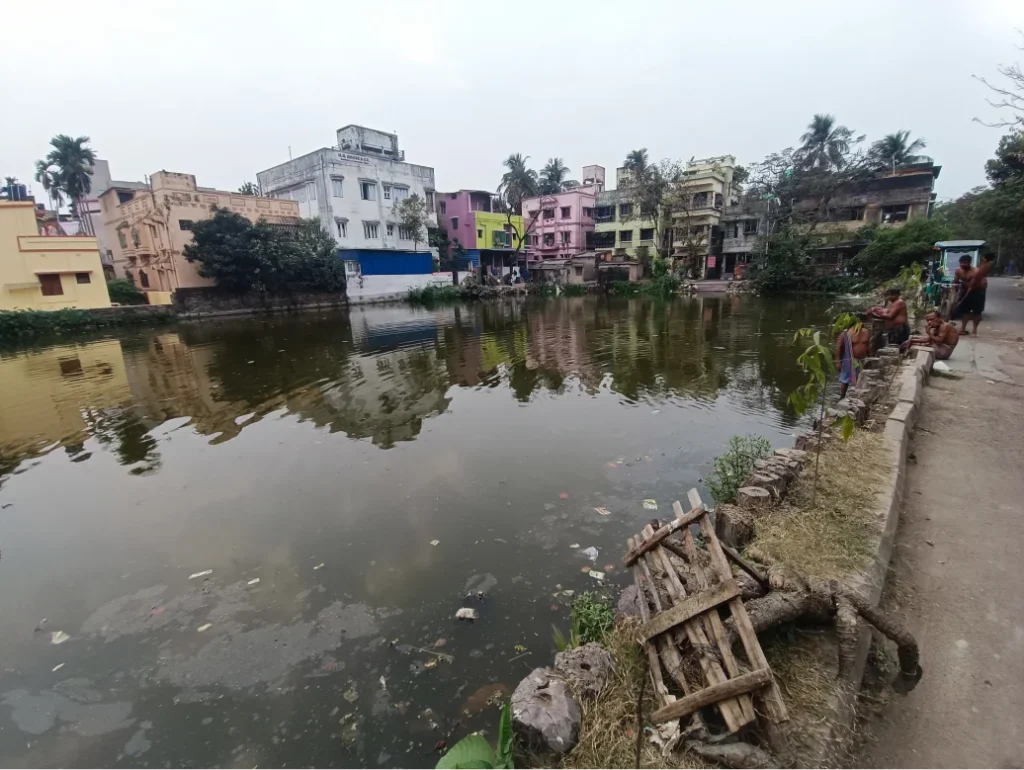
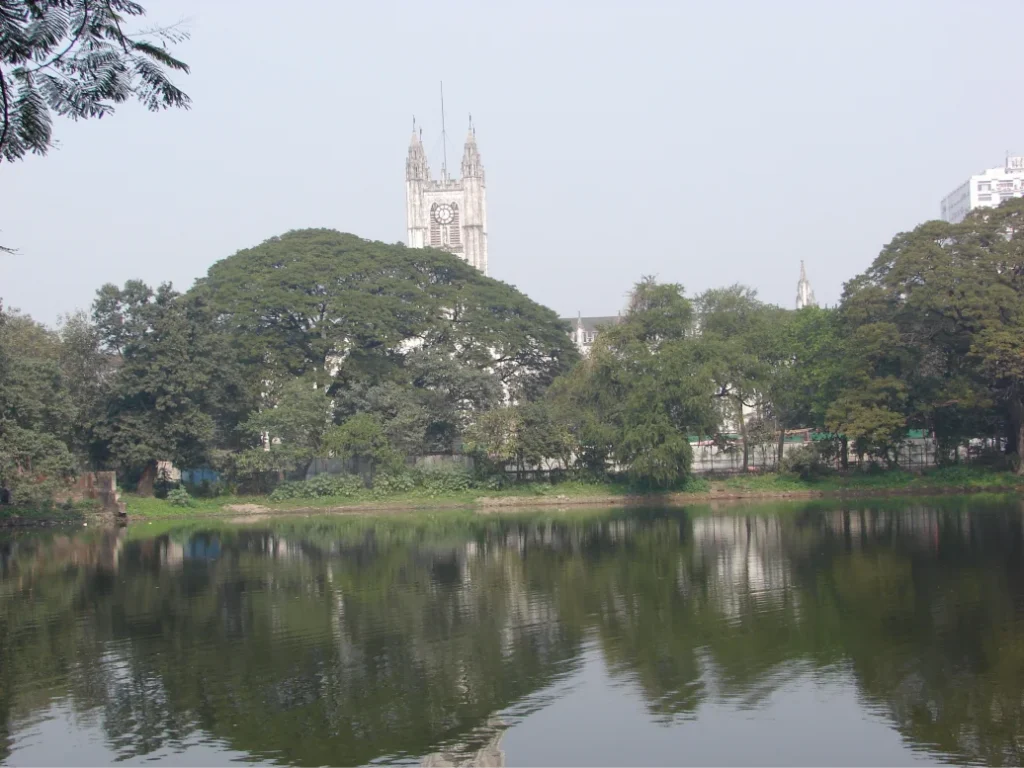
Folklore around the Ponds of Kolkata
The ponds being a part of Kolkata’s landscape for a few centuries played a crucial role in the development of oral histories and local folklores. These stories have been beautifully illustrated in Mr. Mohit Ray’s book titled Pukurer Rupkotha (The Legend of the Pond).
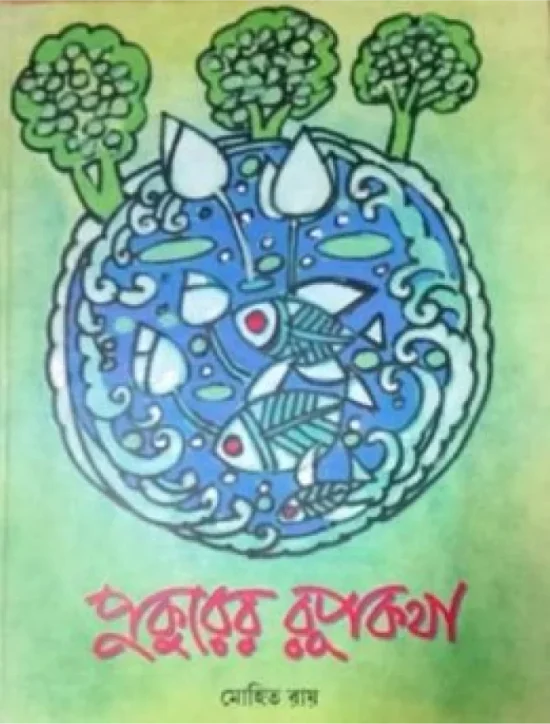
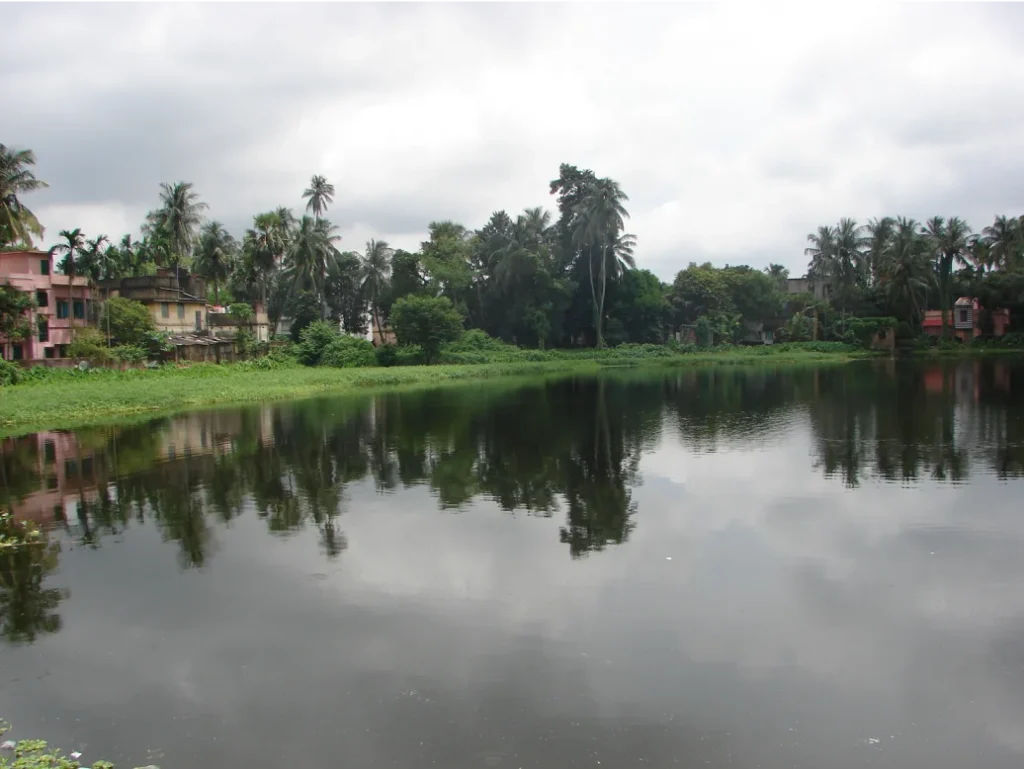
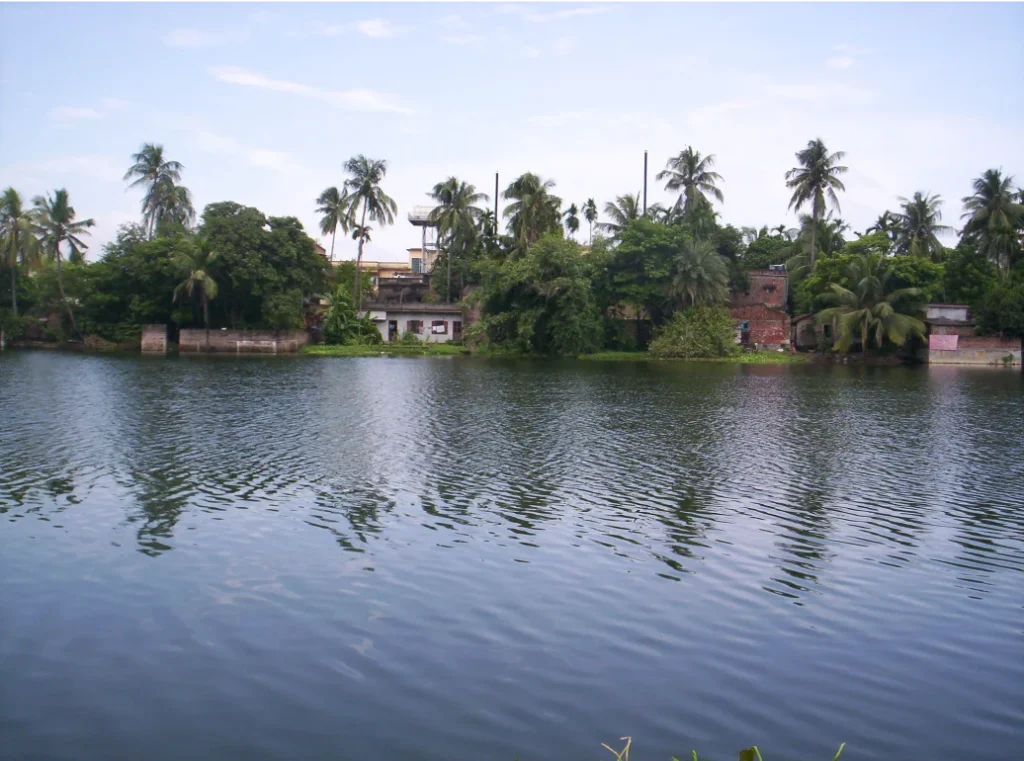
Historic Attributes of the Ponds of Kolkata
While some of the stories are associated with fairy tales, others have historic value and are associated with eminent personalities and prominent events of the city.
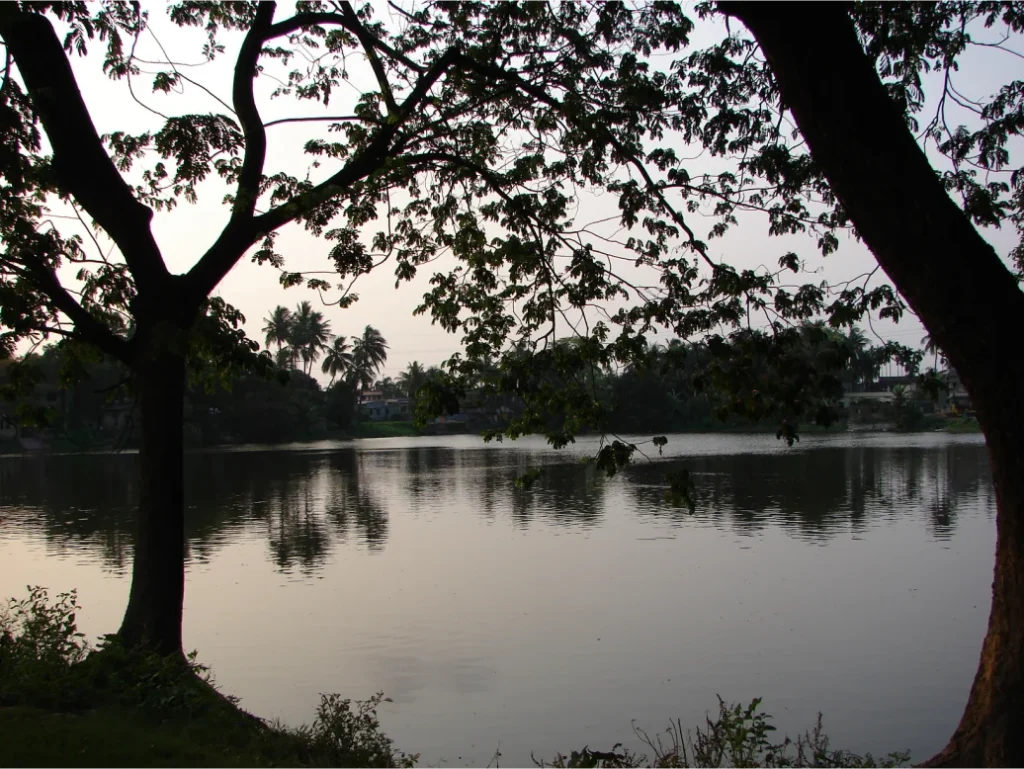
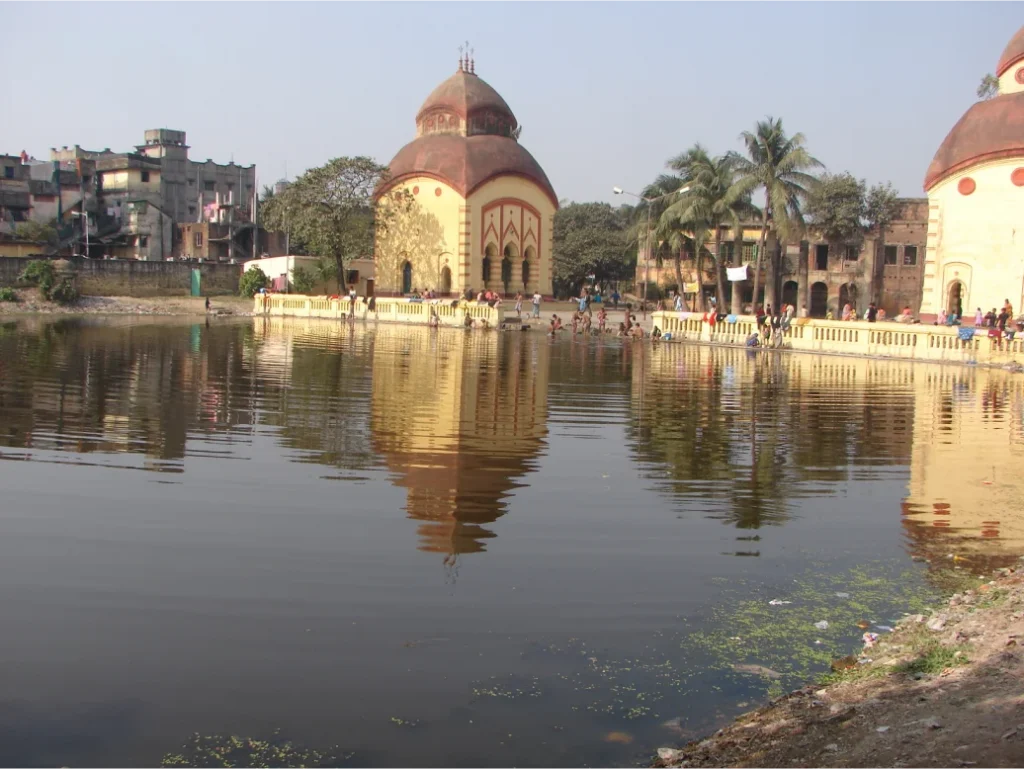
The Future of Ponds
Challenges such as pollution, encroachment, rapid urbanization, and improper waste disposal have led to the deterioration of water quality in some ponds. Efforts are being made by the government, non-profit organizations, and citizen groups to revive and conserve these water bodies, recognizing their importance as natural habits and cultural heritage sites. The ponds of Kolkata are not just bodies of water in an urban setting, they are a treasure that holds the potential to shape the city’s identity, foster community engagement, and preserve its natural heritage for future generations.
